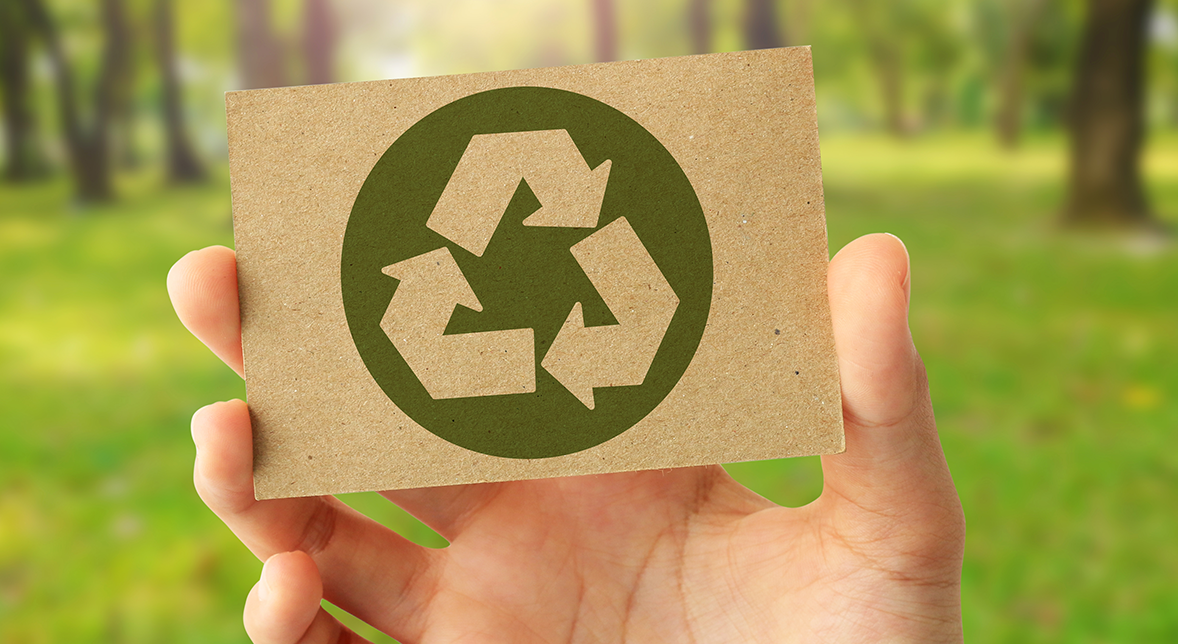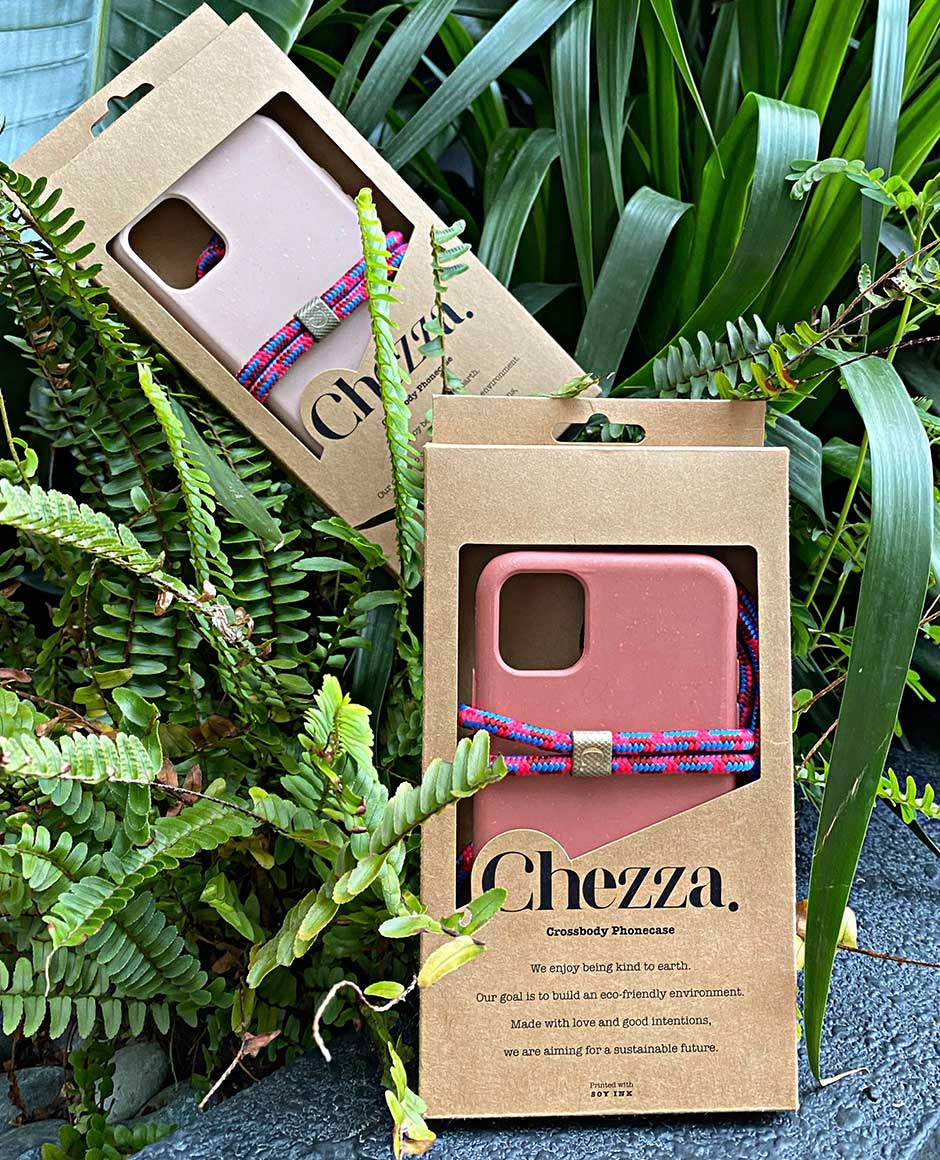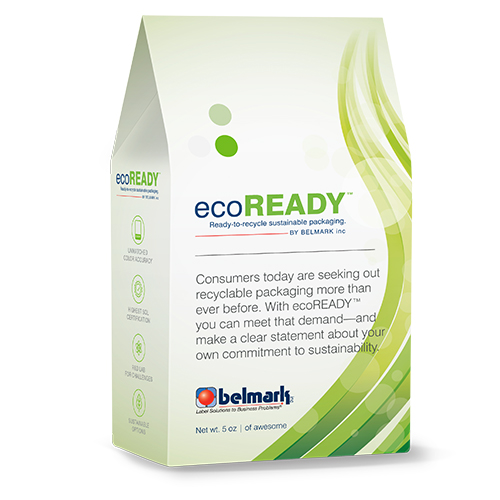Are Sustainable Folding Cartons Eco-Friendly Packaging Solutions?
Section 1: The Benefits of Sustainable Folding Cartons
Sustainable folding cartons are a revolutionary solution to the environmental challenges posed by traditional packaging materials. In this section, we will explore the key features of sustainable folding cartons, their contributions to environmental conservation, and provide insights on how to choose the right cartons for your business. Additionally, we will showcase case studies that highlight the effectiveness of sustainable folding cartons in various industries.
What are the key features of sustainable folding cartons?
Sustainable folding cartons are made from eco-friendly materials that are both recyclable and biodegradable. These materials include recycled paperboard and biodegradable coatings, which help reduce the environmental impact of packaging. By utilizing these materials, businesses can actively contribute to waste reduction and promote a circular economy.
Moreover, sustainable folding cartons are designed for easy disassembly and recycling. They incorporate features such as precision cutting and modular elements, which minimize material consumption and transportation emissions. This not only benefits the environment but also enhances the overall sustainability of the packaging industry.
How do sustainable folding cartons contribute to environmental conservation?
Sustainable folding cartons play a vital role in environmental conservation. By opting for these eco-friendly packaging solutions, businesses can significantly reduce their carbon footprint and contribute to a greener future.
Firstly, the materials used in sustainable folding cartons come from fast-growing, sustainable tree species. These trees are carefully managed to ensure responsible sourcing and minimal impact on the environment. Additionally, the production of sustainable folding cartons often involves the use of soy-based ink and biodegradable adhesives, further minimizing the use of harmful chemicals.
Secondly, the design and manufacturing process of sustainable folding cartons prioritize waste reduction. By incorporating lightweighting techniques and recycling production scraps, manufacturers can minimize material waste and energy consumption. This results in a more sustainable and efficient production process.
Lastly, sustainable folding cartons are designed for easy recycling. By educating consumers on proper disposal methods and ensuring the recyclability of the materials used, businesses can actively contribute to the recycling loop.
How to choose the right sustainable folding cartons for your business?
Choosing the right sustainable folding cartons for your business is crucial to ensure optimal environmental impact and brand representation. Here are some factors to consider when selecting these packaging solutions:
- Material: Look for cartons made from recycled paperboard and biodegradable coatings. These materials offer excellent sustainability credentials and are easily recyclable.
- Certifications: Check if the sustainable folding cartons carry eco-friendly certifications such as Forest Stewardship Council (FSC) accreditation. These certifications ensure that the cartons meet high environmental standards.
- Customizability: Opt for custom sustainable folding cartons that can be tailored to your brand’s specific needs. This allows you to showcase your brand’s identity while promoting environmental consciousness.
- Design and Functionality: Consider the design and functionality of the folding cartons. Ensure that they are easy to assemble, disassemble, and store. Additionally, take into account any specific requirements for product protection and display.
- Sustainability Track Record: Research the manufacturer’s environmental track record and commitment to sustainability. Partnering with manufacturers who prioritize eco-design and utilize sustainable materials can further enhance your sustainability efforts.
Case studies showcasing the effectiveness of sustainable folding cartons
Numerous businesses have successfully integrated sustainable folding cartons into their packaging strategies, reaping the benefits of eco-friendliness and consumer appeal. Let’s take a look at a few case studies:
- Lush: The cosmetics company Lush implemented sustainable folding cartons made from recycled paperboard and biodegradable coatings. This helped them reduce their environmental impact and enhance their brand image as a sustainable and ethical company.
- Patagonia: Patagonia, a renowned outdoor clothing brand, utilizes sustainable folding cartons made from recycled materials for their packaging. This aligns with their mission to protect the environment and highlights their commitment to sustainability.
These case studies demonstrate the positive impact that sustainable folding cartons can have on a brand’s reputation, consumer perception, and environmental responsibility.
In conclusion, sustainable folding cartons offer numerous benefits for businesses and the environment alike. By utilizing eco-friendly materials, optimizing packaging designs, and educating consumers on proper disposal methods, businesses can actively contribute to environmental conservation. Additionally, the versatility and branding potential of sustainable folding cartons make them an excellent choice for industries across the board.
Materials and Manufacturing Process of Sustainable Folding Cartons
Sustainable folding cartons are gaining popularity as an environmentally-friendly packaging solution. They not only provide a versatile and visually appealing way to showcase products but also contribute to the reduction of plastic waste and overall environmental impact. In this section, we will explore the materials used in sustainable folding cartons, their manufacturing process, eco-friendly certifications to look for, and compare different sustainable materials for folding cartons.
What materials are used in sustainable folding cartons?
Sustainable folding cartons are typically made from recyclable and renewable materials. The most commonly used material is paperboard, which is derived from fast-growing, sustainable tree species. These tree species are cultivated specifically for the production of paper and are responsibly managed to ensure a constant supply of raw materials. Using paperboard in folding cartons helps reduce the reliance on single-use plastics and contributes to the conservation of natural resources.
In addition to paperboard, sustainable folding cartons may also incorporate other eco-friendly materials such as:
- Recycled paperboard: This is paperboard that is made from post-consumer recycled content. By using recycled paperboard, the demand for virgin materials is reduced, and waste is diverted from landfills.
- Biodegradable coatings: Some folding cartons may have biodegradable coatings applied to enhance their resistance to moisture and other environmental factors. These coatings are designed to break down naturally over time, reducing their impact on the environment.
- Soy-based ink: Printing on sustainable folding cartons is often done using soy-based ink. Soy-based ink is made from a renewable resource and is considered to be more environmentally friendly than traditional petroleum-based inks.
- Cellulose acetate window material: To showcase products inside the folding cartons, transparent windows can be incorporated. Cellulose acetate is a biodegradable and compostable material often used for these windows.
How are sustainable folding cartons manufactured?
| Step | Description |
| --- | --- |
| 1 | Design |
| 2 | Material selection |
| 3 | Printing |
| 4 | Die-cutting and creasing |
| 5 | Folding and gluing |
| 6 | Quality control and finishing |
The manufacturing process of sustainable folding cartons involves several key steps:
- Design: The first step is designing the folding carton according to the client’s requirements, including size, shape, and structural design. This is often done using specialized software and takes into account the functionality and branding opportunities of the packaging.
- Material selection: Once the design is finalized, the appropriate sustainable materials are selected for the folding carton, such as paperboard or recycled paperboard.
- Printing: The folding cartons are then printed with the desired artwork, branding, and product information. Various printing techniques can be employed, such as digital printing or flexographic printing. Soy-based ink is typically used for its eco-friendly properties.
- Die-cutting and creasing: After printing, the folding cartons go through a die-cutting and creasing process to create the desired shape and fold lines. This process ensures that the cartons can be easily assembled and secured.
- Folding and gluing: The flat, die-cut cartons are then folded along the crease lines and glued together to form the final 3D structure. Adhesives used in the process should be chosen carefully, considering their eco-friendliness.
- Quality control and finishing: Once the folding and gluing process is complete, the folding cartons undergo thorough quality control checks to ensure they meet the required standards. Any necessary finishing touches, such as embossing or foil stamping, are also added at this stage.
Eco-friendly certifications to look for in sustainable folding cartons
When choosing sustainable folding cartons for your brand, it is important to look for relevant eco-friendly certifications. These certifications provide assurance that the packaging meets specific environmental standards and has undergone independent verification. Some well-known certifications to look for include:
Comparison of sustainable materials for folding cartons
Different materials can be used to create sustainable folding cartons, each with its own unique properties and benefits. Here is a comparison of some popular sustainable materials used in the production of folding cartons:
- Paperboard (Virgin): This is the most common material used for folding cartons. It offers excellent printing capabilities, structural integrity, and can be easily recycled or composted. However, it does require the use of virgin materials.
- Recycled Paperboard: Made from post-consumer recycled content, recycled paperboard reduces the demand for virgin materials and helps divert waste from landfills. It is an environmentally friendly option but may have limitations in terms of strength and print quality.
- Tree-Free Paperboard: Made from materials such as bamboo or bagasse (sugarcane waste), tree-free paperboard provides an alternative to traditional paperboard without relying on wood-based fibers. It is both renewable and biodegradable.
- Molded Pulp: Made from recycled paper fibers, molded pulp is a sustainable option for packaging that offers excellent protection for fragile items. It is biodegradable, compostable, and can be easily recycled.
When choosing the material for your sustainable folding cartons, consider factors such as your product’s requirements, the desired environmental impact, and the certifications associated with the materials. Consulting with experienced manufacturers and designers can help you make the best choice for your specific needs.
In conclusion, sustainable folding cartons are manufactured using eco-friendly materials such as paperboard, recycled paperboard, and biodegradable coatings. The manufacturing process involves design, material selection, printing, die-cutting, folding and gluing, quality control, and finishing. When selecting sustainable folding cartons, look for eco-friendly certifications such as FSC and BPI. Consider the unique properties and benefits of different sustainable materials to make an informed decision. By choosing sustainable folding cartons, you can contribute to environmental conservation and meet the growing consumer demand for eco-friendly packaging solutions.
Section 3: Tips for Implementing Sustainable Folding Cartons in Your Brand
Sustainable folding cartons offer a range of benefits for businesses that are looking to reduce their environmental impact and enhance their brand image. In this section, we will provide you with valuable tips and insights on how to effectively implement sustainable folding cartons in your brand strategy.
Tips for optimizing sustainable folding cartons for branding purposes
- Choose sustainable materials: When opting for sustainable folding cartons, consider materials that are responsibly sourced and have eco-friendly certifications. Look for options like FSC-certified paper, 100% recycled paperboard, tree-free paperboard, and cellulose acetate window material.
- Prioritize design: Folding cartons provide a blank canvas for branding. Utilize various printing techniques to showcase your brand identity and values. From vibrant colors to clear panels for product visibility, carefully design your cartons to make a strong first impression.
- Consider custom designs: Customized folding cartons allow you to align the packaging with your brand’s unique requirements and create a memorable unboxing experience. Consult a specialist design studio to assist you in utilizing folding cartons effectively.
- Utilize transparent windows: Incorporating clear panels on folding cartons can effectively showcase your products on store shelves, enticing potential buyers before purchase. This visual appeal can help differentiate your brand and create a sense of trust and transparency.
- Tell your sustainability story: Use graphical cues, such as sustainable logos and earth tones, to visually communicate your commitment to sustainability. Include informational cues, like certifications, to provide credibility and reassurance to environmentally-conscious consumers.
Pricing information for sustainable folding cartons
The pricing for sustainable folding cartons can vary depending on factors such as the size, design complexity, materials used, and order quantity. While sustainable folding cartons may cost slightly more than traditional packaging options, it is essential to consider their long-term benefits, including enhanced brand reputation and reduced environmental impact. By partnering with experienced manufacturers, you can receive expert guidance to find cost-effective solutions that align with your sustainability goals.
Advantages of using sustainable folding cartons in different industries
- Cosmetics industry: Sustainable folding cartons are an ideal choice for cosmetics packaging. With their versatility and branding potential, they can effectively showcase the uniqueness of cosmetic products while conveying a commitment to sustainability.
- Pharmaceutical industry: Pharmaceuticals require secure and tamper-evident packaging, and sustainable folding cartons can meet these requirements while minimizing environmental impact. Additionally, the ability to incorporate clear panels can help consumers easily identify the contents.
- Food and beverage industry: Sustainable folding cartons can help food producers and beverage manufacturers reduce their carbon footprint. By utilizing environmentally-friendly materials and designs, they can preserve the freshness and quality of the products while aligning with consumer demands for sustainable packaging.
- Toys and games industry: Sustainable folding cartons offer an excellent packaging solution for toys and games, ensuring that the products are safely enclosed while providing an appealing visual presentation on store shelves.
Partnerships for creating custom sustainable folding cartons
Partnering with experienced manufacturers, like [CompanyName], can help you achieve your sustainability goals and create custom sustainable folding cartons that meet your unique branding needs. Look for manufacturers who specialize in environmentally-friendly packaging and can provide expertise in eco-design and sustainable materials. With their guidance, you can create packaging solutions that align with your brand values, enhance product visibility, and minimize environmental impact.
In conclusion, implementing sustainable folding cartons in your brand strategy can have numerous advantages, including enhanced brand reputation, consumer appeal, and reduced environmental impact. By following our tips for optimizing sustainable folding cartons for branding purposes, considering pricing information, leveraging advantages across various industries, and partnering with the right manufacturers, you can successfully integrate sustainable packaging solutions into your business and contribute to a more sustainable future.
FAQs about sustainable folding cartons:
What are the key features of sustainable folding cartons?
Precision: Sustainable folding cartons are made from eco-friendly materials, such as recycled paperboard and biodegradable coatings, promoting waste reduction and a circular economy.
How do sustainable folding cartons contribute to environmental conservation?
Recall: Sustainable folding cartons help reduce carbon footprints through responsible material sourcing, waste-reducing manufacturing techniques, and easy recycling processes.
How to choose the right sustainable folding cartons for your business?
Precision: To select the optimal sustainable folding cartons, focus on material sustainability, eco-friendly certifications, customizability for brand needs, design functionality, and manufacturer track record.
Case studies showcasing the effectiveness of sustainable folding cartons
Recall: Successful integration of sustainable folding cartons by brands like Lush and Patagonia highlights the positive impact on brand image, consumer perception, and environmental responsibility.
In conclusion, sustainable folding cartons offer eco-friendly packaging solutions. Key features benefit branding. These cartons support environmental conservation. Choose wisely for maximum impact. Materials and process details matter. Look for eco-certifications. Implementing them enhances branding. Pricing varies, advantages across industries. Consider collaborations for custom solutions.





